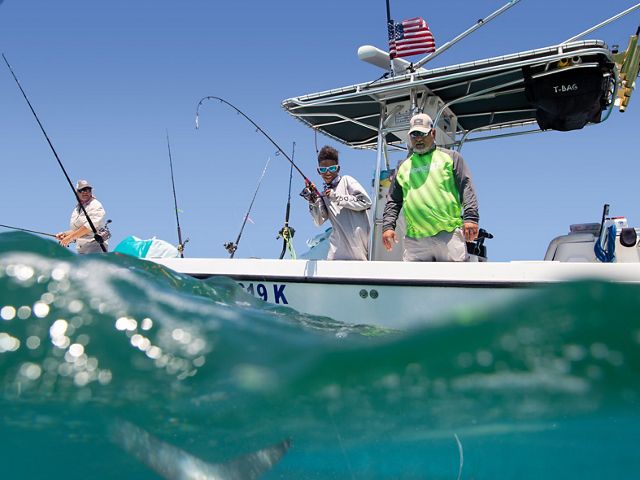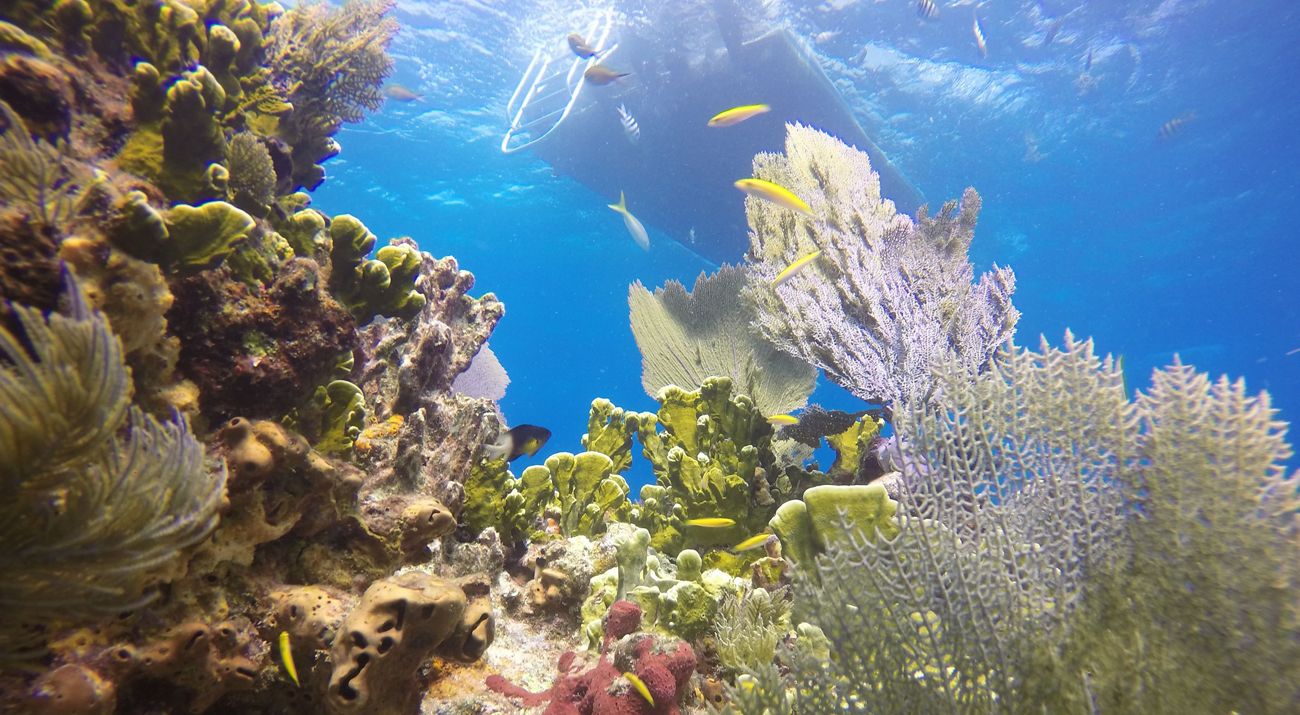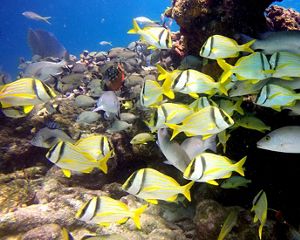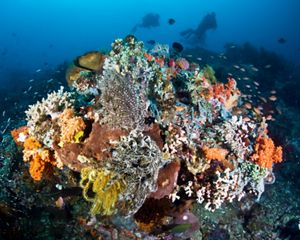Eight Ways to #RespectOurReef
Anglers, divers, and everyone who treasures our oceans: we need your help to protect the reef from further harm.
Florida’s Coral Reef is truly one-of-a-kind: it’s the only coral reef system in the continental United States, stretching 358 miles from coastal Martin County, down through South Florida and the Florida Keys, to its tail end in the Dry Tortugas. These days, though, Florida’s Coral Reef is experiencing serious challenges including facing high water temperatures and the threat of coral bleaching. Those of us who enjoy and benefit from the reef the most can make an impact. Anglers, divers, and everyone who treasures our oceans – please help us protect the reef from further harm by asking others to #RespectOurReef.
Those of us lucky enough to have this natural treasure in our backyard don’t just have an opportunity to preserve Florida’s Coral Reef—we have an obligation to respect and protect it, for our own enjoyment and for the benefit of future generations. Florida’s Coral Reef supports more than 80,000 Florida jobs and $4 billion in income. Dive shops, fishing charter operations and other related businesses all depend on this truly unique natural system for their livelihoods. And so do countless species of marinelife, underscoring the need for all of us to do our part.
Not everyone knows how sensitive corals are. That’s why we’re asking anglers, divers, and others who treasure our reefs to help spread these eight tips to #RespectOurReef.
1. Anchors Away! Whether you’re on the reef to fish or dive, make sure to anchor well away from coral heads. Check your surroundings before dropping anchor and aim for sandy bottom. Hitting live corals with anchors, anchor chains or lines can kill them or do serious damage. For extra guidance, try the Florida DEP’s free coral reef anchoring app.
2. Please Don’t Touch: Never, ever touch corals when you’re on the reef. It may be hard to believe, but just touching corals can kill them, badly harm them or spread disease from one coral to the next.

3. Wear sun-protective clothing: Chemicals found in sunscreens may be harmful to living corals. By covering up with sun-protective clothing, you can avoid introducing any of these into the water while enjoying your favorite activities.
4. Keep It Clean: Don’t leave unwanted fishing lines or any other litter in the water, whether you’re on the reef or at the pier. These materials can be deadly to coral reefs and the critical fish stocks and sea life they support.
5. See It, Report It: Anglers and divers know the reef better than anyone, and recognize issues like coral bleaching and disease that others might not. If you spot these issues or any others, report them. Information is key.
6. Take care with pesticides and fertilizers at home: Particularly during the rainy season, pesticides and fertilizers can be carried from your yard onto the reef as polluted run-off. Poor water quality can lead to an overabundance of algae that competes with corals for space and can exacerbate stress to corals.
7. Support measures to reduce CO2 emissions: There are many ways we can help support the resilience of Florida’s Coral Reef locally, but climate change remains the primary threat to coral reefs worldwide. By supporting measures to the reduce further emissions of CO2 in conjunction with the actions listed above, you can amplify your positive impact.
8. Go Viral: Share this page with your social media networks and encourage your fishing and diving buddies and those who love the ocean and its marine life to get smart, follow your lead and join the #RespectOurReef movement.
Also, at home, know where your water comes from and where it goes. A restored Everglades ecosystem supplies us with clean, fresh water, but making sure it’s clean before it reaches the reef requires functional wastewater and stormwater treatment systems and individual responsibility. Do your part to keep pollution out of our ocean.
The Nature Conservancy and our partners at the Florida Reef Resilience Program are working hard to spread the word about the importance of respecting and preserving our one-of-a-kind Florida Reef. To learn more about how you can do your part, we encourage you visit the following sites:
The development of this webpage was supported by The Nature Conservancy under cooperative agreement award #NA16NOS4820106 from the National Oceanic and Atmospheric Administration's (NOAA) Coral Reef Conservation Program, U.S. Department of Commerce. The statements, findings, conclusions, and recommendations are those of the author(s) and do not necessarily reflect the views of NOAA, the NOAA Coral Reef Conservation Program, or the U.S. Department of Commerce.



